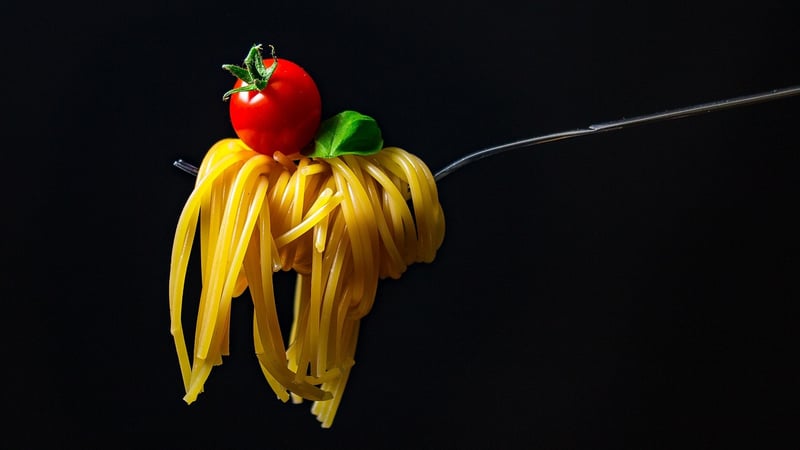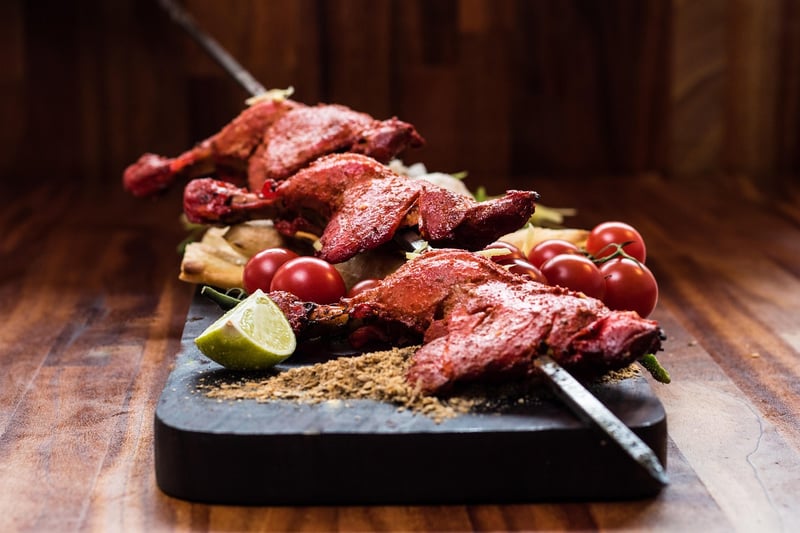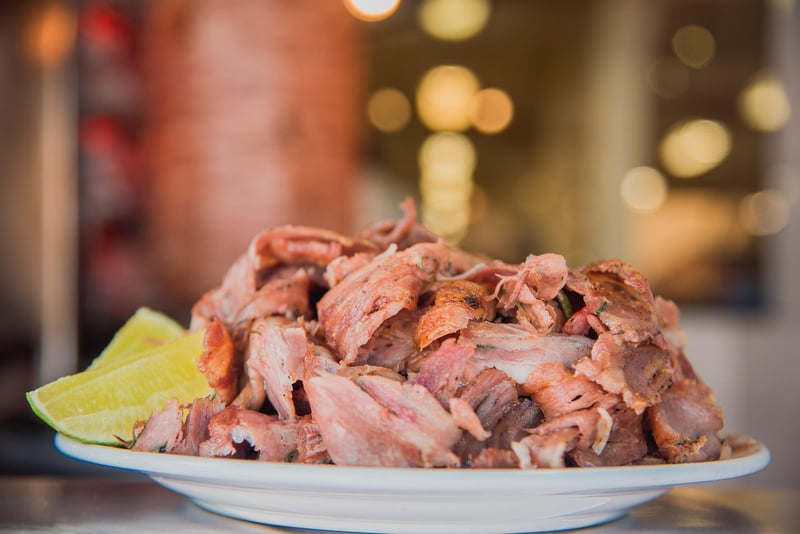Traditional Techniques
Explore Global Flavors and Traditional Cooking Methods
Embark on a culinary journey around the world and dive into the diverse array of flavors, ingredients, and cooking techniques that make each cuisine unique. From spicy curries to delicate pastries, every culture has its own traditional dishes that reflect its heritage and creativity.
1. Italian Cuisine

Indulge in the rich flavors of Italian cuisine with classic dishes like pasta carbonara, pizza margherita, and tiramisu. Italian cooking emphasizes the use of fresh, high-quality ingredients such as tomatoes, olive oil, and herbs.
2. Indian Cuisine

Experience the vibrant spices and bold flavors of Indian cuisine with dishes like butter chicken, biryani, and masala dosa. Traditional Indian cooking often involves complex spice blends and slow cooking methods to create layers of taste.
3. Japanese Cuisine

Discover the art of sushi, sashimi, and ramen in Japanese cuisine. With an emphasis on fresh seafood and seasonal ingredients, Japanese cooking showcases the beauty of simplicity and precision in preparation.
4. Mexican Cuisine

Savor the bold flavors of Mexican cuisine with dishes like tacos, enchiladas, and guacamole. Mexican cooking techniques often involve the use of chili peppers, corn, and beans to create hearty and flavorful meals.
5. French Cuisine

Indulge in the elegance of French cuisine with dishes like coq au vin, croissants, and crème brûlée. French cooking is known for its emphasis on technique, precision, and attention to detail in creating exquisite dishes.
Traditional Cooking Methods
- Grilling: Used in many cuisines to enhance the flavor of meats and vegetables.
- Braising: Slow cooking method that tenderizes tough cuts of meat and develops rich flavors.
- Steaming: Preserves the natural nutrients and flavors of ingredients while keeping them moist.
- Roasting: Creates caramelization and depth of flavor in meats, vegetables, and grains.
- Frying: Techniques like deep-frying or stir-frying add crispy textures and rich flavors to dishes.
By exploring world cuisines and traditional cooking methods, you can broaden your culinary horizons and develop a deeper appreciation for the diversity of flavors and techniques used in kitchens around the globe.
